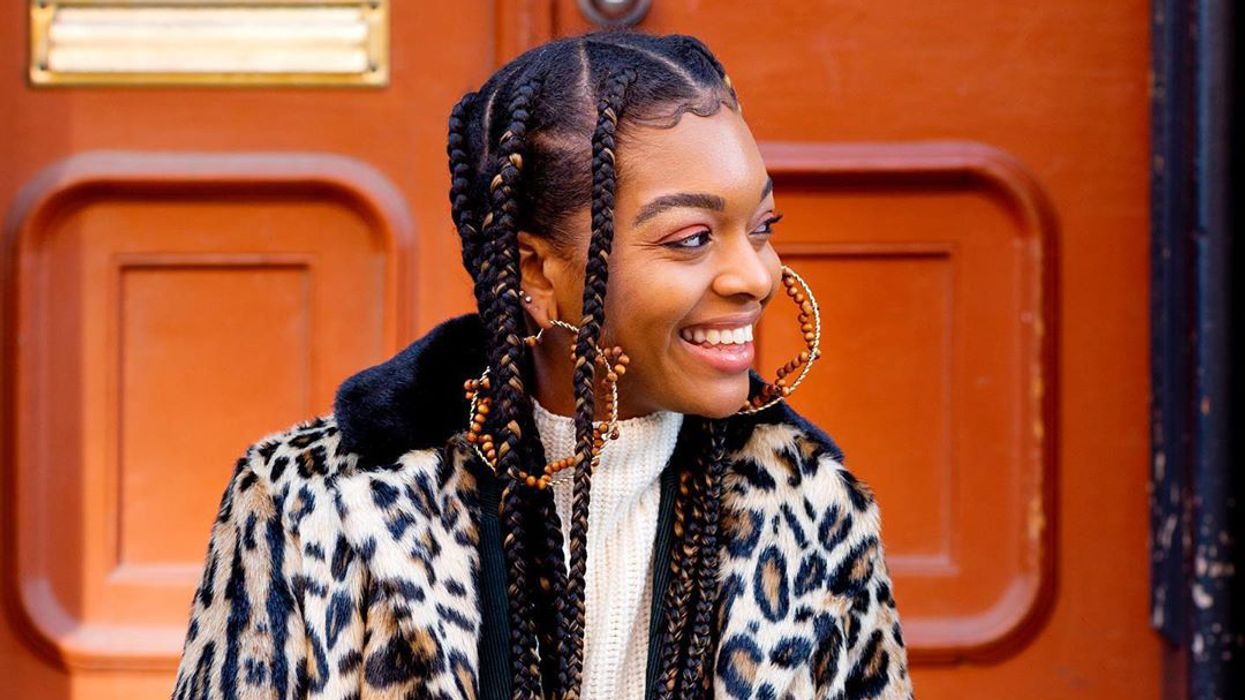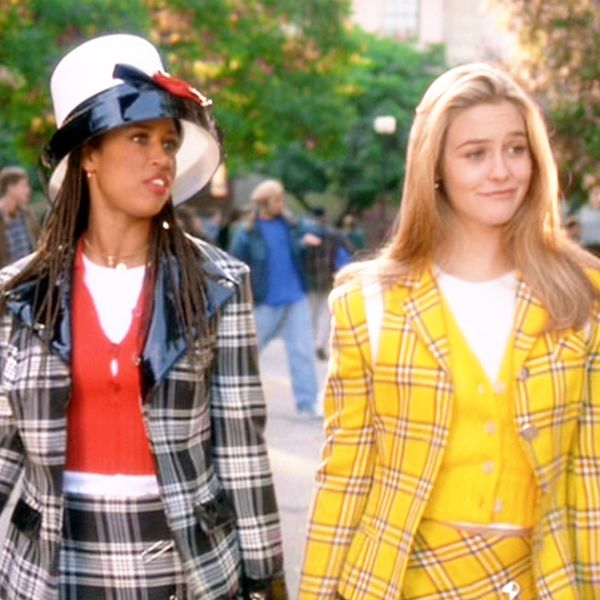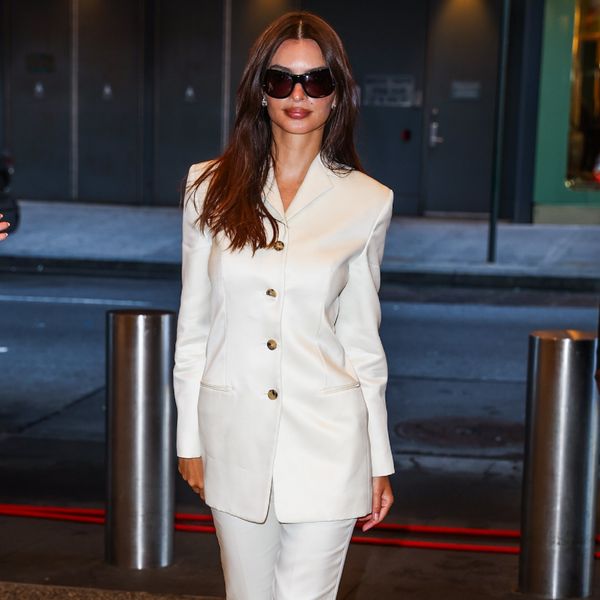Beauty
7 Black-Owned Brand Founders on How the Beauty Industry Needs to Change
From revealing employee demographics to addressing colorism reform.

23 June, 2020
10 November, 2021
The beauty industry has always found a way of excluding Black women. Yes, the same Black women who have dedicated their careers to creating space for other Black women at and beyond the privileged beauty-industry table and its racially unjust and discriminatory practices. And yes, the same beauty industry that has continuously ostracized non-white communities, all while projecting a faux sense of welcomeness by developing a limited range of products that barely cater to our melanated skin color or boundless skin types.
The beauty industry is in the midst of what Sharon Chuter, founder of UOMA Beauty, calls a “beautiful uprising.” Chuter—who is also the leading force behind the #PullUpForChange challenge, a campaign that has called for brands to reveal the number of Black employees at executive and board-member levels—is tired of empty promises. “I don’t want to see any performative ally-ship. Talk is cheap; we need action!”
Black women have long been left out of contemporary beauty standards and the conversations that shape them, which is why many entrepreneurs have founded their own hair, skin-care, and makeup brands. But creating their own lane is merely the first step—they are holding the beauty industry accountable, more publicly than ever before, for its tone-deaf and long-delayed support for the fight against injustice and racism, in addition to its lack of inclusion and diversity.
“The most immediate changes have to be a hard look at your behaviors, prejudices, and actively listening to those who’ve been impacted by the constructs that built this system and creating long-term equitable solutions,” explains Lauren Napier, founder of Lauren Napier Beauty. “It’s not hard to start a brand; it’s harder to grow it, scale it, go mass, and make power plays that create changes that open doors for others. It’s going to take our allies to help open those doors.”
While the industry often sweeps the multitudinous amount of personal accounts regarding racial discrimination, and subsequent calls to action, under the rug—if not completely forgetting about them altogether—the clear difference is that now Black creatives, Black brand owners, and Black beauty experts are no longer asking for change; they’re demanding it. Here, seven Black beauty brand owners share the changes they want to see in the beauty industry.
The beauty industry is in the midst of what Sharon Chuter, founder of UOMA Beauty, calls a “beautiful uprising.” Chuter—who is also the leading force behind the #PullUpForChange challenge, a campaign that has called for brands to reveal the number of Black employees at executive and board-member levels—is tired of empty promises. “I don’t want to see any performative ally-ship. Talk is cheap; we need action!”
Black women have long been left out of contemporary beauty standards and the conversations that shape them, which is why many entrepreneurs have founded their own hair, skin-care, and makeup brands. But creating their own lane is merely the first step—they are holding the beauty industry accountable, more publicly than ever before, for its tone-deaf and long-delayed support for the fight against injustice and racism, in addition to its lack of inclusion and diversity.
“The most immediate changes have to be a hard look at your behaviors, prejudices, and actively listening to those who’ve been impacted by the constructs that built this system and creating long-term equitable solutions,” explains Lauren Napier, founder of Lauren Napier Beauty. “It’s not hard to start a brand; it’s harder to grow it, scale it, go mass, and make power plays that create changes that open doors for others. It’s going to take our allies to help open those doors.”
While the industry often sweeps the multitudinous amount of personal accounts regarding racial discrimination, and subsequent calls to action, under the rug—if not completely forgetting about them altogether—the clear difference is that now Black creatives, Black brand owners, and Black beauty experts are no longer asking for change; they’re demanding it. Here, seven Black beauty brand owners share the changes they want to see in the beauty industry.
“I don’t want to see black squares. I want to see action. It’s important to understand that Black women create the culture from ‘boxer braids’ to ‘hoop earrings’ and the obsession with coconut oil and shea butter. What we do has a cool factor, and it’s being monetized. I’ve co-founded an initiative called Consider Something Better, a fund created to support and grow established Black women-led businesses. There is clearly a need, and we should all be working together to fight all levels of racial injustice.”
“Through my ‘pull up’ campaign, I am challenging brands to show the number of Black employees at executive and board-member levels. Many of the companies that have ‘pulled up’ showing low numbers have given comprehensive and impressive action plans for how to move forward. I want to see Black people in leadership roles. Implement cultural training, sensitivity training, and address their company culture immediately to make sure they are fostering an environment where Black people can thrive.”
“One important long-term change that I believe needs to happen is the address and reform of colorism in the beauty industry. It’s no secret that in our community, the effects of slavery and colonization created a certain standard for beauty that Black women don’t always fit the status quo for. I would love to see brands who have not traditionally done so showcase a better understanding that all women are beautiful, no matter what they look like, and more representation of Black women in mainstream beauty campaigns as well.”
“I think Black-owned brands need to take up more shelf space, and that is happening thanks to Aurora James’ 15 percent pledge. In addition, the responsibility of showcasing and talking about Black-owned brands does not need to solely be put on the Black writers at these media outlets. Black writers write about both Black and non-Black topics; why can’t that happen both ways? Support and buy from our companies continuously! Do not stop at your one-time purchase, feature, or financial contribution.”
KJ Miller: “Amanda and I started Mented because we couldn’t find any premium brands speaking to our beauty needs, and we believe that no one should be an afterthought when it comes to beauty. From the very beginning, we centered women of color, and we continue to do that to this day.”
Amanda Johnson: “There needs to be a right sizing in the employee demographics of these firms. There are a lot of white men and women developing the products and content for a very diverse customer base. Customers would be better served having more people of color in product development and marketing. Ultimately, more people of color should be in decision-making roles at these companies to really help steer the strategy to be as inclusive as possible.”
Amanda Johnson: “There needs to be a right sizing in the employee demographics of these firms. There are a lot of white men and women developing the products and content for a very diverse customer base. Customers would be better served having more people of color in product development and marketing. Ultimately, more people of color should be in decision-making roles at these companies to really help steer the strategy to be as inclusive as possible.”
“When I created Camille Rose, there were very few products on retail shelves that catered to my texture. The brands that were there did not properly address what my hair was needing, nor did it deliver the look and feel that I desired for my hair type. We need to continue to work to be included. This is not something that will happen right away, but the work must not stop, nor should it slow down. Our voices need to be loud and heard. Expectations need to be set and met.”
Top photo: Courtesy of Instagram/@sheneilmonique
Want more stories like this?
Tracee Ellis Ross Is Launching Phase 2 of Her Pattern Hair Collection
31 Black Beauty and Wellness Influencers to Follow Right Now
5 Wellness Experts on How They Practice Beauty from Within
Top photo: Courtesy of Instagram/@sheneilmonique
Want more stories like this?
Tracee Ellis Ross Is Launching Phase 2 of Her Pattern Hair Collection
31 Black Beauty and Wellness Influencers to Follow Right Now
5 Wellness Experts on How They Practice Beauty from Within




